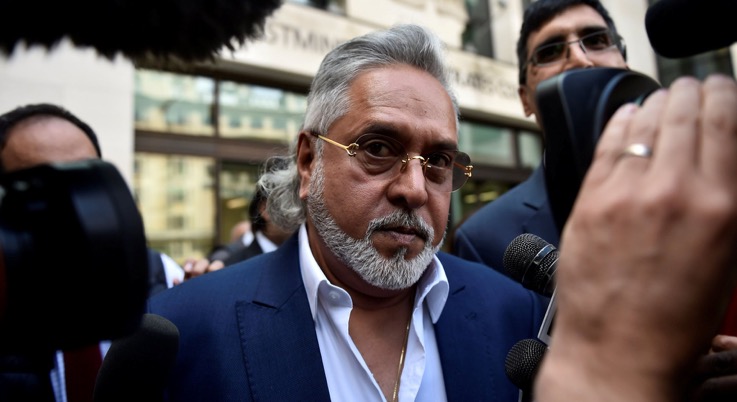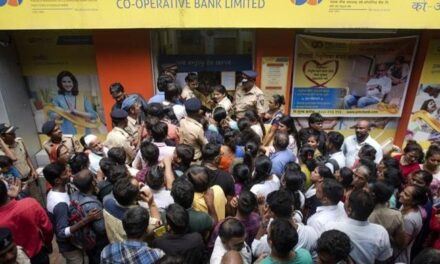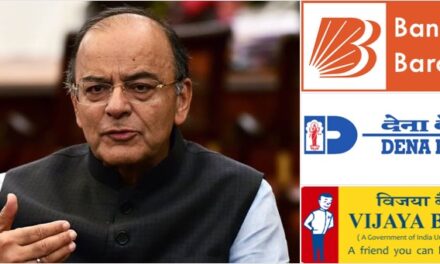Mallya loses $1.5 billion case: UK court allows Indian banks to sell his foreign assets to recover dues


The worldwide freezing order prevents Mallya from removing any assets from England and Wales
Beleaguered liquor baron Vijay Mallya, who is undergoing an extradition trial in a UK court over fraud and money laundering charges, on Tuesday lost a lawsuit filed by 13 Indian banks in the UK High Court seeking the collection of over Rs 10,000 crore.
Judge Andrew Henshaw refused to overturn a worldwide order freezing 62-year-old Mallya’s assets and upheld an Indian court’s ruling that a consortium of 13 Indian banks were entitled to recover funds amounting to nearly USD 1.55 billion (1.145 billion pounds).
The victory for the banks, which claimed the businessman had wilfully defaulted on the loans accessed from them, will enable them to enforce the Indian judgment against Mallya’s assets in England and Wales.
The worldwide freezing order prevents Mallya from removing any assets from England and Wales up to that value or to in any way dispose of, deal with or diminish the value of his assets in or outside of this jurisdiction, up to the same value.
“Today’s judgment is a very important decision not just for our clients, who want to proceed in this jurisdiction with enforcing the judgment they secured against Mallya in India, but also for Indian and international banks more generally,” said Paul Gair, from UK law firm TLT which represented the Indian banks in the London court.
“In dismissing Mallya’s application, the High Court has demonstrated its willingness to recognise judgments granted by courts in other jurisdictions, giving parties opportunities to enforce their judgments against any assets held here. This case also sets a strong precedent for parties to secure a worldwide freezing order when enforcing judgments against wilfull defaulters,” he said.
The case is the latest stage in long-running litigation in which the banks are seeking to recover sums lent to the now-defunct Kingfisher Airlines Limited, guaranteed by Mallya.
The High Court judge has also refused permission to appeal Tuesday’s ruling, which leaves Mallya’s lawyers with the only option of directly petitioning the UK’s Court of Appeal.
The claim brought by 13 Indian banks against Mallya had come up for a hearing in the High Court last month.
The litigation in the Queen’s Bench Division of the commercial court in England’s High Court of Justice lists the State Bank of India, Bank of Baroda, Corporation Bank, Federal Bank Ltd, IDBI Bank, Indian Overseas Bank, Jammu & Kashmir Bank, Punjab & Sind Bank, Punjab National Bank, State Bank of Mysore, UCO Bank, United Bank of India and JM Financial Asset Reconstruction Co. Pvt Ltd as the applicants.
Mallya and related concerns – Ladywalk LLP, Rose Capital Ventures Ltd and Orange India Holdings – are listed as respondents.
The assets freeze order had forced Mallya on to a weekly allowance of 5,000 pounds, which his lawyers had managed to hike to 18,325.31 pounds a week at a hearing earlier this year.
According to court documents, the claim relates to a judgment of the Debt Recovery Tribunal (DRT) in the southern state of Karnataka, which concluded that Mallya was “liable” to the banks in the sum of Rs 62,033,503,879.42 plus interest.
The “freezing order” involves Mallya and related concerns being “restrained” until further order, from removing from the jurisdiction any of their assets in the jurisdiction up to a limit of 1,145,000,000 pounds and in any way disposing of, dealing with or diminishing the value of any of their assets whether they are inside or outside the jurisdiction up to the same value.
The UK court had earlier upheld the Indian court’s injunction and given Mallya’s lawyers more time to respond due to the ongoing extradition trial at Westminster Magistrates’ Court in London, which is now set for a hearing on July 11.
Meanwhile, Mallya is out on a 650,000-pound bail bond since his arrest on an extradition warrant by Scotland Yard in April last year.
The Crown Prosecution Service (CPS), representing the Indian government, has claimed that the evidence they have presented confirms “dishonesty” on the part of the businessman, who acquired the loans through misrepresentation and had no intentions of repaying them.
In recent weeks, Mallya’s defence team has been trying to establish that the default by Kingfisher Airlines was the result of a business failure within the wider context of a global financial crisis and that its owner had no fraudulent intentions.
With agency inputs













